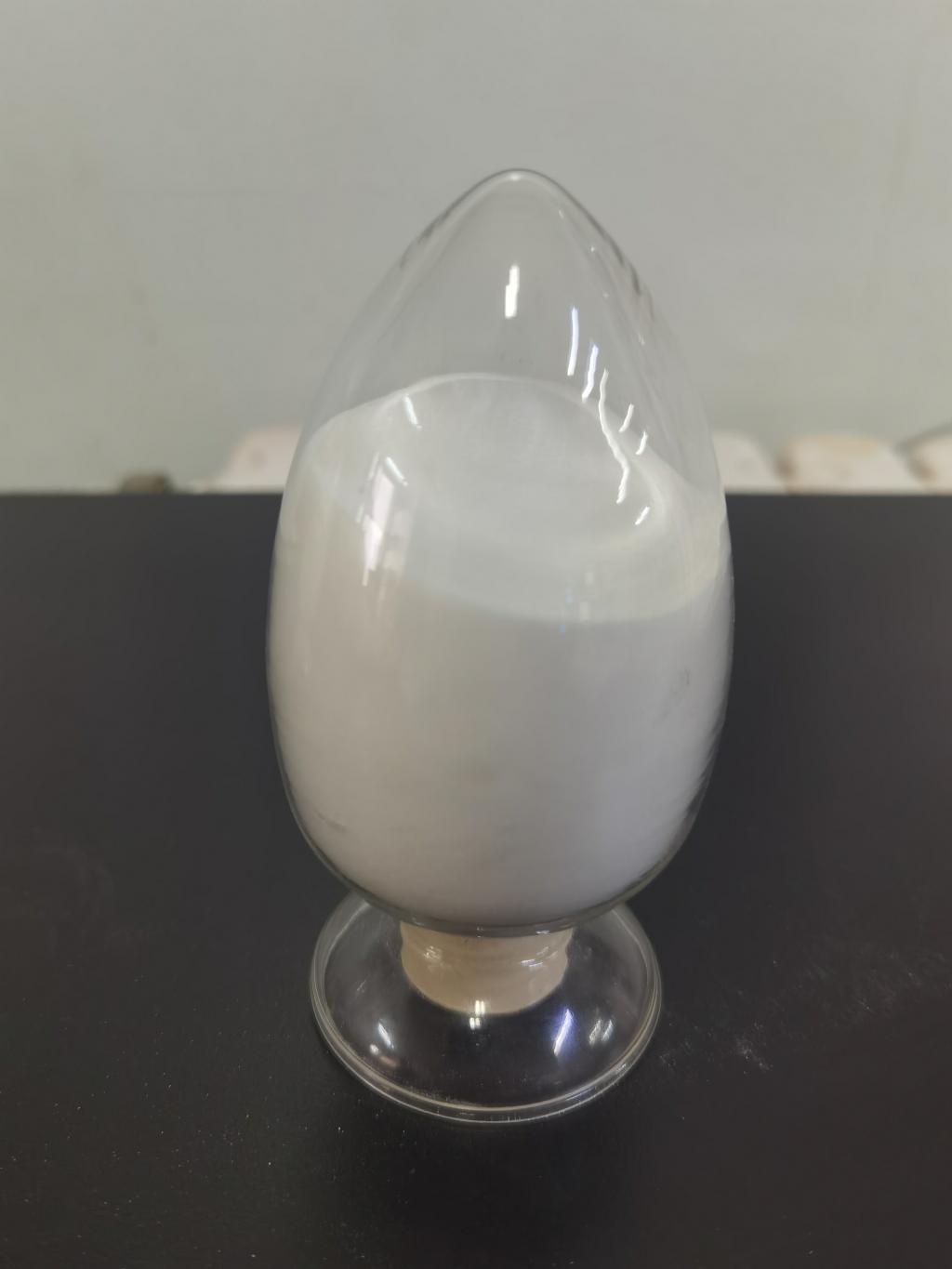Tel:0086 18231198596

News
Current Position:
Home >
News
>Ongoing research explores new applications for ε-Polylysine hydrochloride.
Ongoing research explores new applications for ε-Polylysine hydrochloride.
TIME:2024-04-08
Understanding ε-Polylysine Hydrochloride:
ε-Polylysine hydrochloride is a polymer composed of multiple lysine amino acids linked together. It is produced through fermentation processes involving specific bacteria, resulting in a compound with potent antimicrobial properties. ε-Polylysine hydrochloride acts by disrupting microbial cell membranes, thereby inhibiting bacterial growth and proliferation. Its natural origin and efficacy in food preservation make it an attractive alternative to synthetic preservatives.
Current Applications in Food Preservation:
Currently, ε-Polylysine hydrochloride is primarily used in food preservation to extend the shelf life of various products, including dairy, meat, poultry, baked goods, and beverages. Its effectiveness in inhibiting bacterial growth allows manufacturers to maintain the freshness and integrity of their products without compromising safety or quality. In dairy products such as cheese and yogurt, ε-Polylysine hydrochloride helps prevent the growth of spoilage bacteria, thereby prolonging shelf life and reducing the risk of foodborne illness.
Emerging Research Areas:
Ongoing research is exploring new applications and potential benefits of ε-Polylysine hydrochloride in food preservation and safety. Some of the key areas of interest include:
Natural Alternatives to Synthetic Preservatives: As consumer demand for natural and clean-label ingredients grows, there is increasing interest in ε-Polylysine hydrochloride as a natural alternative to synthetic preservatives. Research aims to optimize production processes and formulations to enhance the efficacy and versatility of ε-Polylysine hydrochloride in replacing synthetic additives while maintaining food safety and quality.
Targeted Antimicrobial Activity: Researchers are investigating the potential of ε-Polylysine hydrochloride to exhibit targeted antimicrobial activity against specific pathogens, including foodborne bacteria and spoilage organisms. By understanding the underlying mechanisms of action and interactions with microbial cells, scientists aim to tailor ε-Polylysine hydrochloride formulations to effectively control microbial growth while minimizing the impact on beneficial microflora.
Encapsulation and Delivery Systems: Another area of research focuses on developing novel encapsulation and delivery systems for ε-Polylysine hydrochloride to improve its stability, solubility, and release kinetics in food matrices. Encapsulation techniques such as microencapsulation and nanoencapsulation offer potential solutions for enhancing the efficacy and shelf life of ε-Polylysine hydrochloride in food products, particularly those with challenging processing conditions.
Combined Approaches with Other Natural Preservatives: Researchers are exploring the synergistic effects of combining ε-Polylysine hydrochloride with other natural preservatives and antimicrobial agents to enhance efficacy and broaden the spectrum of activity against a wider range of microorganisms. By leveraging the complementary properties of different compounds, scientists aim to develop more robust and sustainable food preservation strategies.
Benefits and Challenges:
The ongoing research on ε-Polylysine hydrochloride in food preservation and safety offers several potential benefits, including:
Enhanced Food Safety: By inhibiting bacterial growth, ε-Polylysine hydrochloride helps reduce the risk of foodborne illness and contamination, enhancing overall food safety and quality.
Clean-Label Solutions: As a natural ingredient, ε-Polylysine hydrochloride aligns with consumer preferences for clean-label and minimally processed foods, fostering trust and transparency in food products.
Sustainability: The natural origin of ε-Polylysine hydrochloride and its biodegradable properties contribute to sustainability efforts in the food industry, reducing reliance on synthetic additives and their environmental impact.
However, several challenges need to be addressed to fully realize the potential of ε-Polylysine hydrochloride in food preservation and safety:
Optimization of Formulations: Further research is needed to optimize ε-Polylysine hydrochloride formulations and delivery systems to ensure efficacy, stability, and compatibility with different food matrices and processing conditions.
Regulatory Approval: Despite its natural origin, ε-Polylysine hydrochloride may face regulatory hurdles in some jurisdictions, requiring thorough safety assessments and regulatory approvals for its use as a food additive.
Consumer Acceptance: Consumer awareness and acceptance of ε-Polylysine hydrochloride as a food preservative may vary, requiring transparent communication and education about its safety, benefits, and applications in food products.
Future Directions:
The future of ε-Polylysine hydrochloride in food preservation and safety looks promising, with ongoing research poised to unlock new applications and benefits. By leveraging its natural antimicrobial properties, scientists aim to develop innovative solutions for enhancing food safety, quality, and sustainability. Collaboration between researchers, food manufacturers, regulatory agencies, and consumers will be essential to overcome challenges and realize the full potential of ε-Polylysine hydrochloride in shaping the future of the food industry.
Conclusion:
Ongoing research on ε-Polylysine hydrochloride in food preservation and safety holds great promise for addressing the evolving challenges and demands of the food industry. With its natural origin, potent antimicrobial properties, and potential applications in a wide range of food products, ε-Polylysine hydrochloride offers a compelling solution for enhancing food safety, quality, and sustainability. As research continues to advance, ε-Polylysine hydrochloride is poised to play a key role in shaping the future of food preservation, ensuring safer, healthier, and more sustainable food products for consumers worldwide.

 CONTACT
CONTACT




